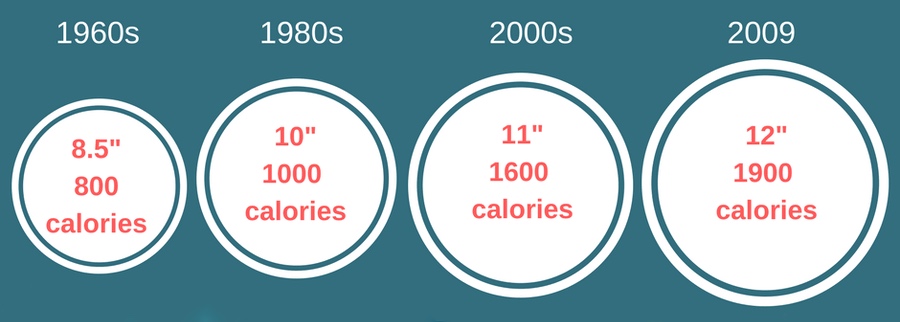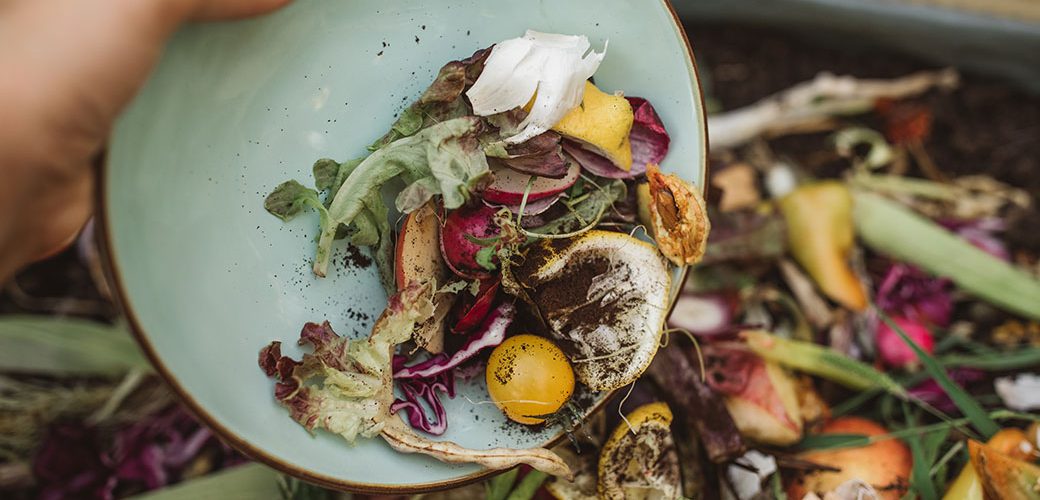40% of food produced in the U.S. is wasted which is equivalent to 365 million pounds of food per day. Yet 1 in 8 Americans have difficulty providing themselves and their family with food. Food waste is also a major contributer to climate change. To produce food, you need water, labor, natural resources, and land. Then there's also resources needed to transport the food and keep it cold. As food decomposes, it releases greenhouse gases, as well. Families in America spend thousands of dollars every year on food they never eat. One way to reduce food waste is to buy less food. Many people go to the grocery store and they buy a lot of food without thinking whether or not they really need it. Another, somewhat recent, trend that has been going on in the U.S. is larger portion sizes. Dinner plates have increased in size and we pile lots of food on it. This encourages us to overeat but also causes us to throw away lots of food.


A lot of our food waste isn't even leftovers or half eaten food, it's unconsumed, perfectly new food. Companies like Copia are trying to fix this problem by connecting small and large companies and businesses that have unwanted, untouched food and those who need food. They pick up the food and deliver it to those in need.
